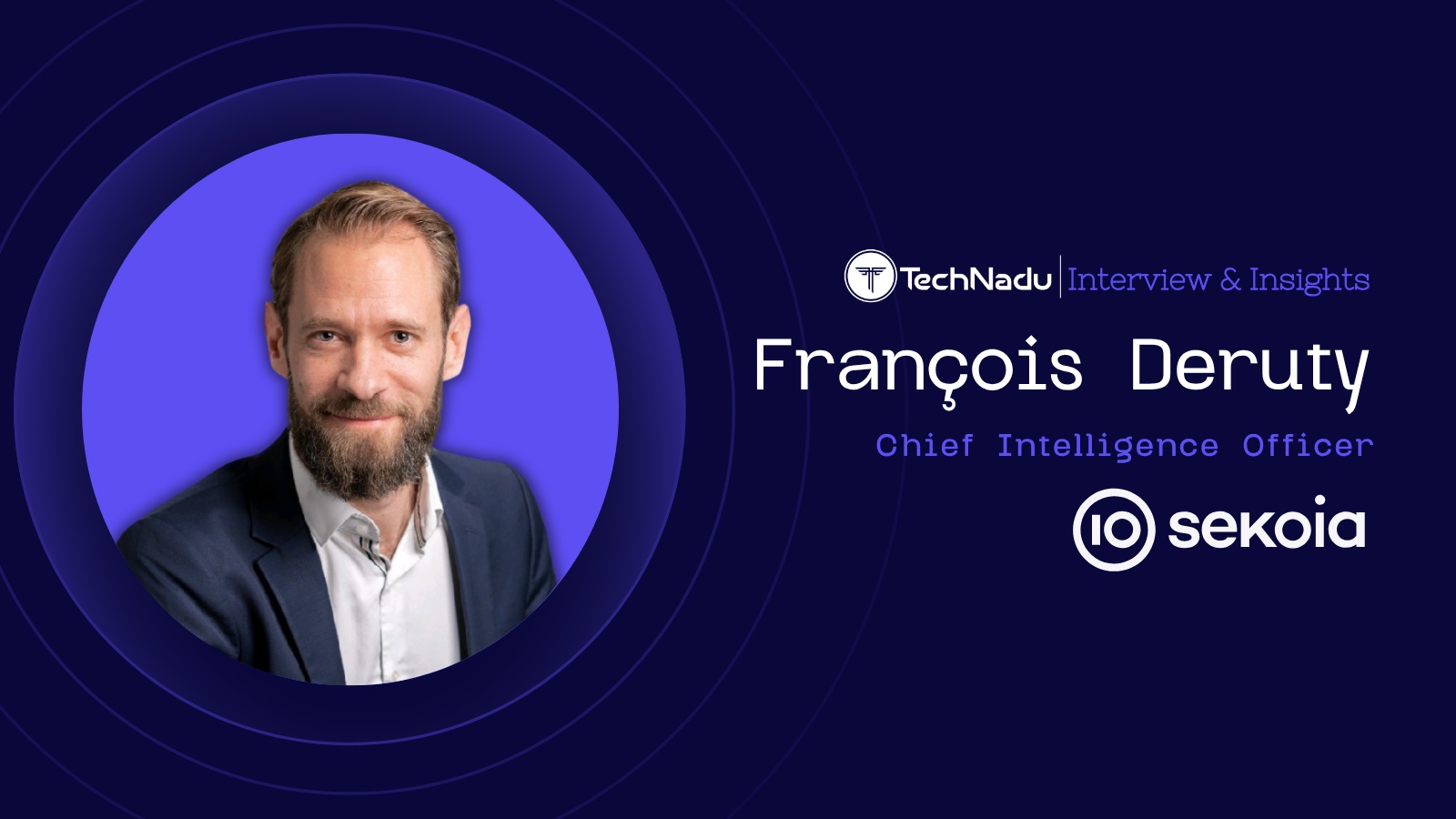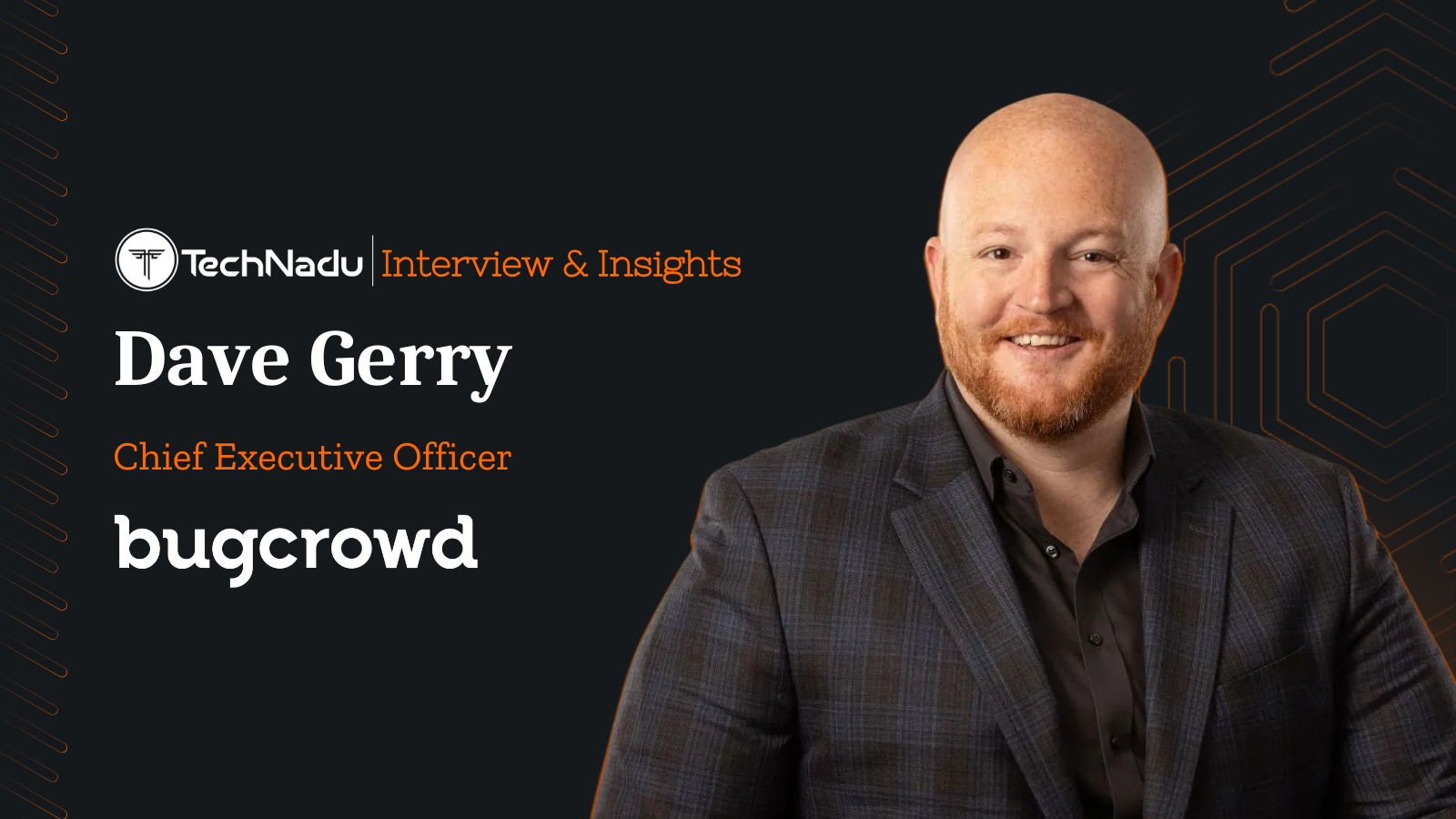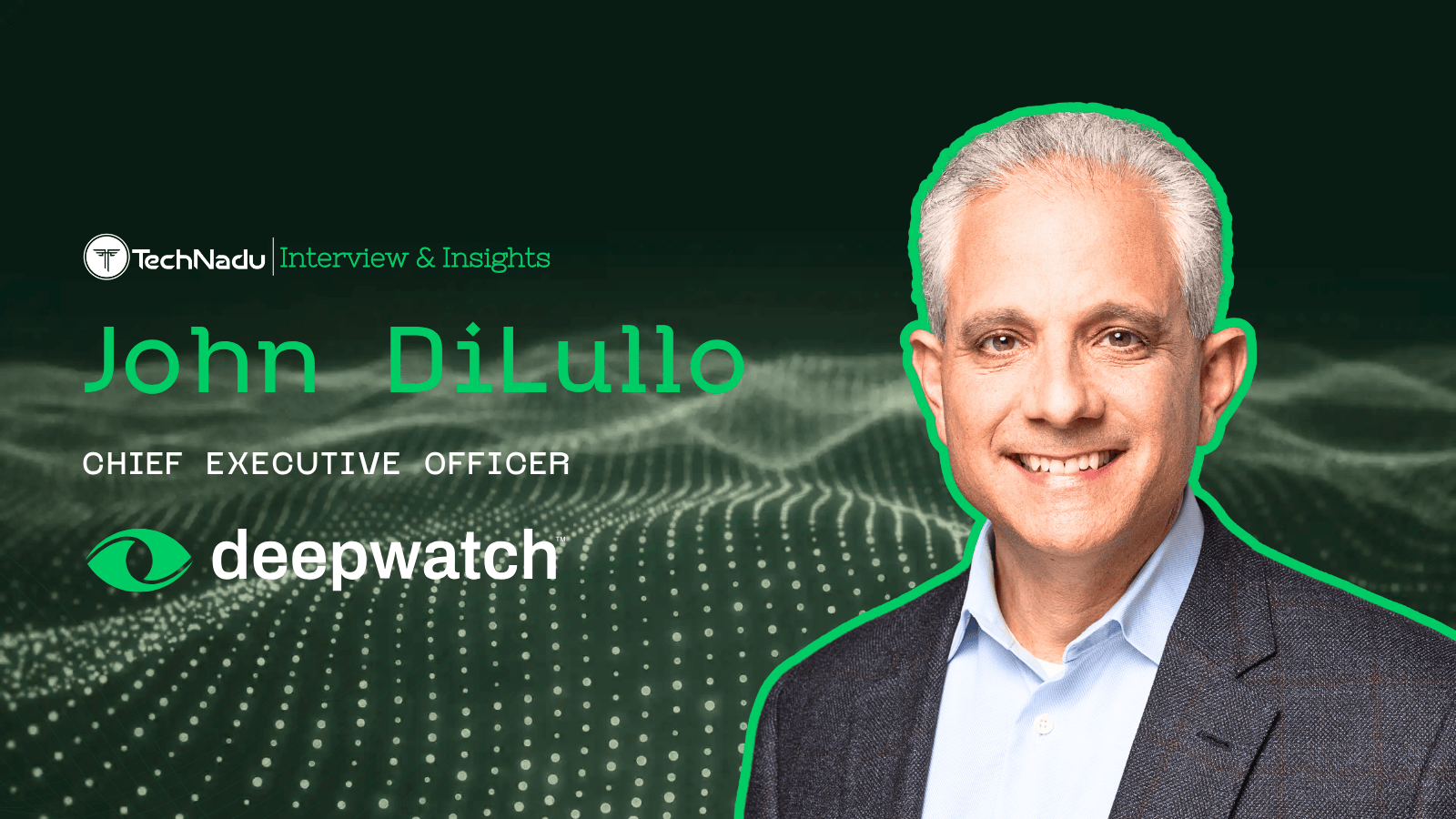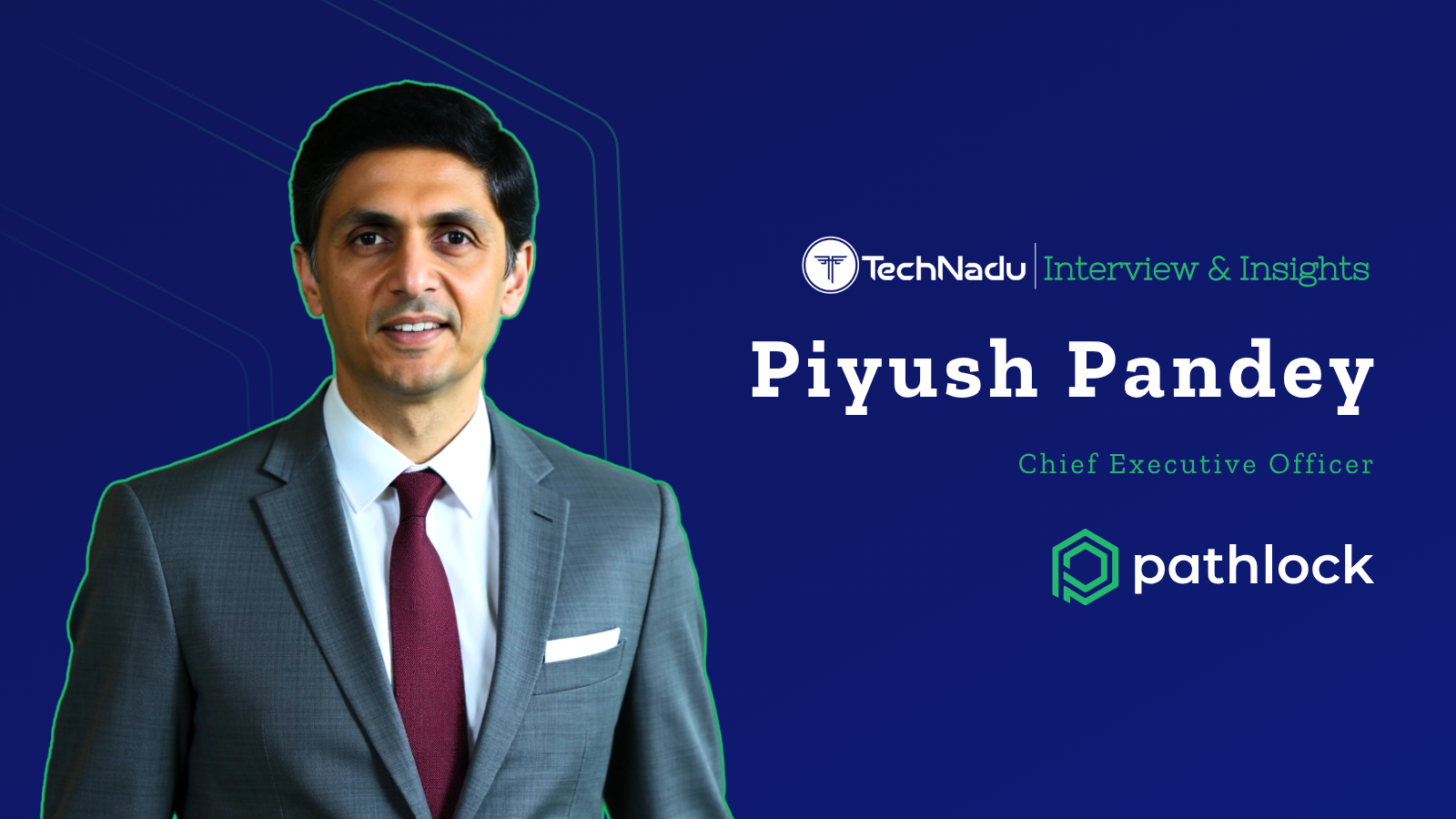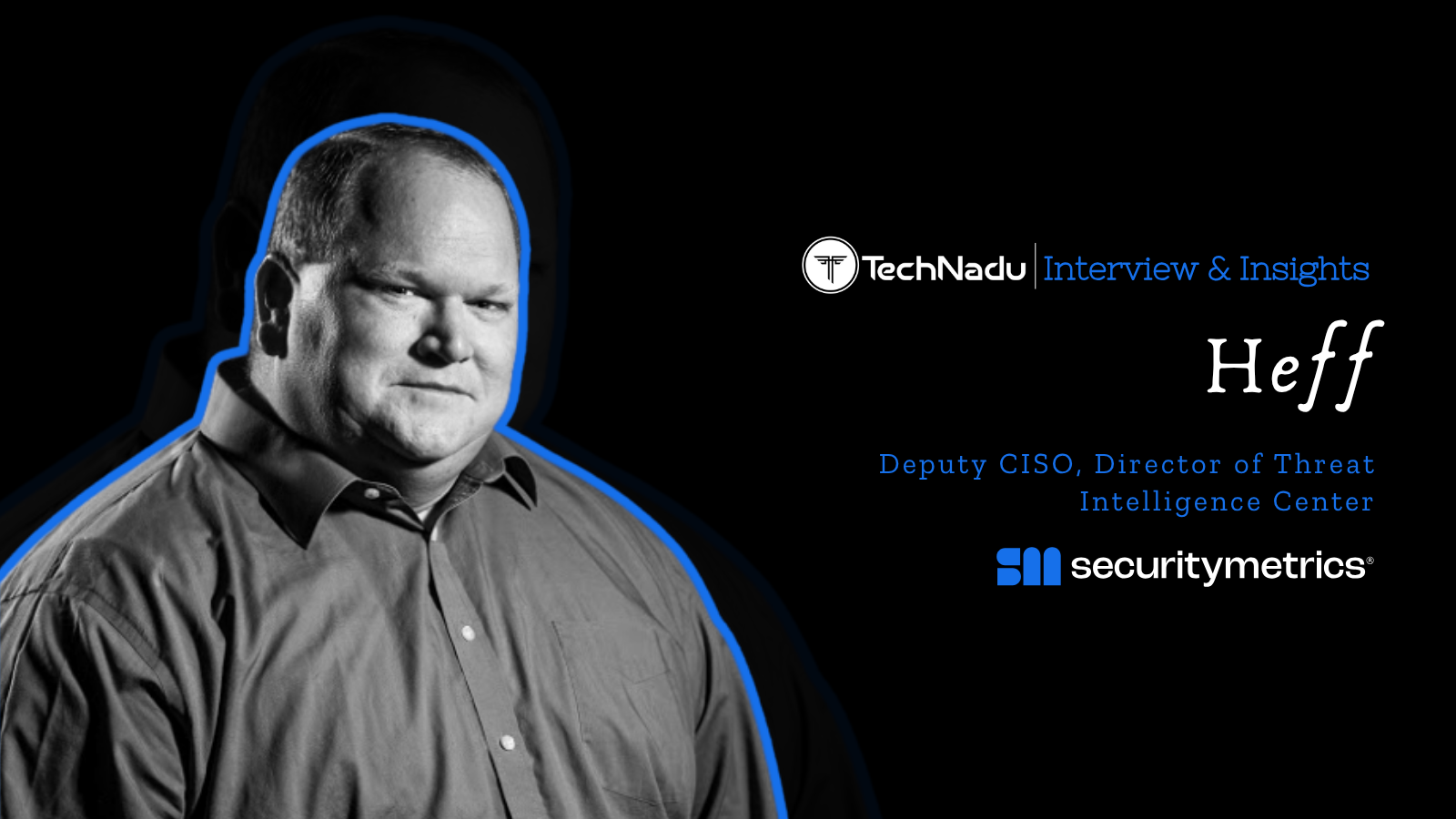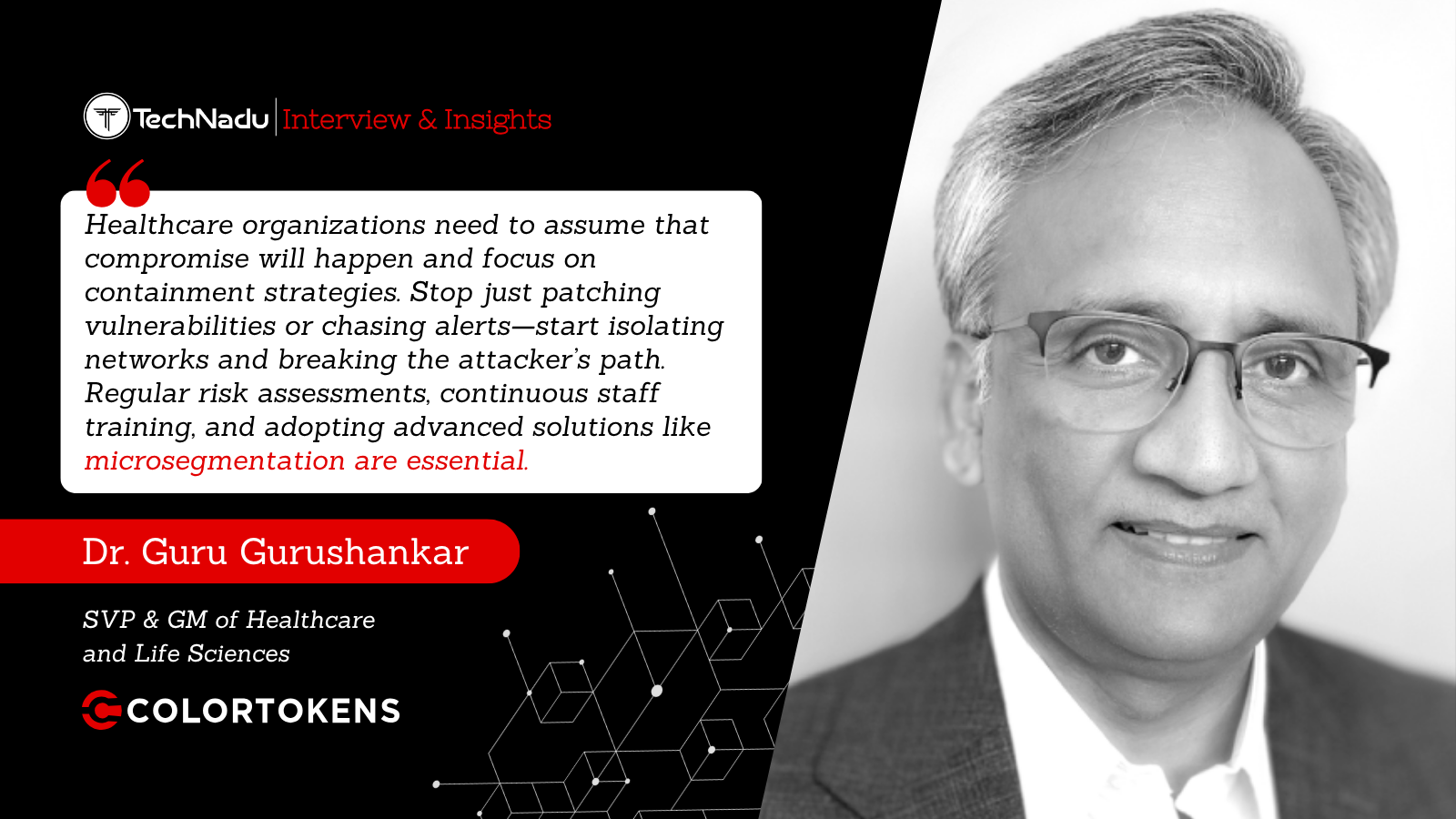
Rob Guinness, Pondenome: End to End Encryption Would Destroy Facebook’s Business Model
In a world where social media is synonymous to Facebook, there is a wind of change, especially in light of the recent data breaches suffered by Facebook, which have shaken users' trust in the company. Pondenome is the name a new up and coming social media platform created by Rob Guinness and his team, targeting a February 2019 release.
Currently raising money via Indiegogo, Pondenome is an end-to-end encrypted (E2EE) social media platform that seeks to change the way we use this type of tools, to bring us back to a more secure environment, where data is encrypted and not used to target ads.
We reached out to Rob Guinness, founder of Pondenome, to discuss a few things about this new social media model and why things need to change. Rob Guinness is also CTO of Teqmine Analytics, a startup developing AI for patents and innovation analysis, and continues to be affiliated with the Finnish Geospatial Research Institute where he focuses on computer science, navigation, machine learning, context awareness, and personal data protection.
TechNadu: What made you want to create Pondenome? Where did the idea come from?
Rob Guinness: I have for many years wanted to create an alternative to Facebook because I've felt that this company does not have its users best interests at heart. In recent years, these feelings became stronger, and after the Cambridge Analytica scandal broke, I realized that I have to move faster in making Pondenome a reality. The central ideas behind Pondenome came together pretty organically.
First of all, I moved to Finland in 2009. One can say that Finland is one of the birthplaces of open-source. Linux was invented here, as was MySQL and other influential open-source projects. I quickly became an open-source proponent after moving here. Finland is also the birthplace of a movement known as the "MyData" movement, which is basically about individuals taking back control over personal data. I got involved in this movement beginning in 2015, and I've learned a lot about data protection and privacy from people in the MyData community.
Lastly, in 2016, I started studying cryptography more carefully, and I came to the surprising realization that there is nothing really infeasible about creating an end-to-end encrypted social network. This was aided by studying other fantastic open-source end-to-end encryption projects, such as those of Open Whisper Systems and Wire.
TechNadu: What's the business model you're going for here? I noticed backers on Indiegogo can get Premium access. What does that entail? Is there also a free tier?
Rob Guinness: The business model is the so-called "freemium" model. It is basically the same business model that Spotify, Dropbox, and even Skype utilize. With a Premium subscription you get to use all the latest and greatest features of Pondenome, and you will also never see an ad. There will be a free tier, but it will be limited in some aspects. It is also very likely that the free service will be supported by ads, but one thing I want to make very clear is that we will never allow highly-targeted advertisement on Pondenome. Think of the model of radio and TV: Radio and TV have advertisements but without any sacrifice to privacy. So we aren't opposed to advertising per se, but we think the current model of online advertisement with tracking and re-targeting, etc. is totally incompatible with privacy.
TechNadu: What features should we expect outside photo sharing and posts?
Rob Guinness: We are really trying to rethink social networking from the ground up. Most of what people know and expect from a social network is based on the Facebook model with its News Feed, notifications, and its concept of "friends". We think this is certainly not the only model and not really a good model, to be honest. So we are starting with a clean slate and only adding features that really make sense. You will certainly be able to share photos and other types of content, but the user experience we are building will be completely different.
Our aim is to build features that promote meaningful interactions between friends and family and to deepen relationships between people. So scrolling through a feed and passively "liking" stuff is the kind of experience we want to discourage. You should expect features that help you to really stay close with your friends and loved ones and even grow deeper with them through interacting on Pondenome. I don't want to say too much more, as we're planning to release our feature roadmap first to our Indiegogo backers.
TechNadu: One question that needs to be asked is how does Pondenome compare to Facebook and how do you hope to attract users to your social platform model?
Rob Guinness: Again, I think that once people get their hands on Pondenome, they will compare the two user experiences as night and day. Our basic gameplan to attract users is to create an awesome user experience. I don't think it's an exaggeration to say we are aiming to transform people's lives in certain respects. We certainly hope they will love Pondenome and never want to go back to Facebook, but in all likelihood, there is going to be some transition period where people use both services. With all the media hype around Facebook, some people might get the impression that Facebook grew to a billion plus users overnight, but the reality is this took nearly a decade to get to that level.
TechNadu: Encryption is often most effective when only two terminals are involved, so how do you ensure all data stays private and what role will encryption play in this type of platform?
Rob Guinness: I would actually take a bit of exception with that statement, that encryption is often most effective when only two terminals involved. The reality is that encryption has its history mostly in military settings. It really developed phenomenally from World War II. Mostly encryption was used in one-to-many type communication systems and basically to keep the front lines in sync with the military command. Encrypted signals were sent out over the open air, and they could be decrypted by anyone who possessed the decryption keys. So there is really nothing fundamentally incompatible with social networks and end-to-end encryption.
All the fundamental building blocks for highly secure encryption systems have actually been around since the late 1970s. The main reason that end-to-end encryption has not been deployed in digital services like Facebook is it would destroy their business model. Technically-speaking, it could be done.
TechNadu: In light of the recent Facebook hack, what will you do to protect users from their personal data getting leaked out?
Rob Guinness: First of all, we'll do a lot better job with security testing than apparently, Facebook does before shipping features out to users! Secondly, we will vigorously apply the data minimization principle to ensure that even if our systems are hacked, the exposure of personal data will be kept a bare minimum. End-to-end encryption is also part of this idea. Thirdly, we will require two-factor authentication for all users of Pondenome, which will really help to prevent the spread of data breaches through compromised accounts. For us, security and privacy are at the core of our business, and we will always prioritize these aspects higher than the pressures of releasing new features.
What do you think of Pondenome and the new social network model? Would you try it out? Let us know in the comments section below and please share the article online so others can find out about it too. Come chat with TechNadu over on Facebook and Twitter.


